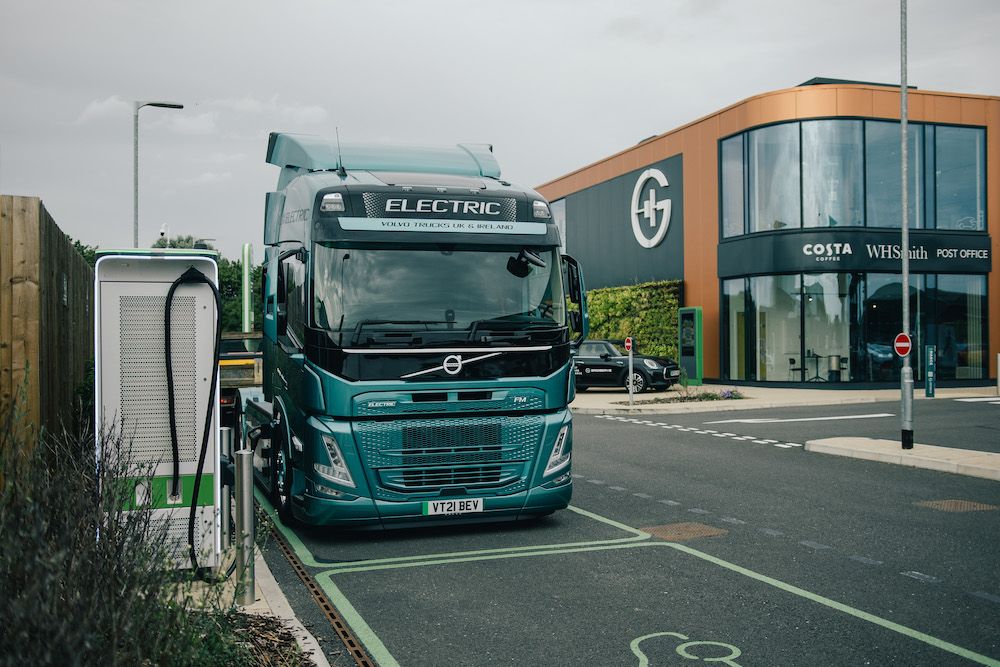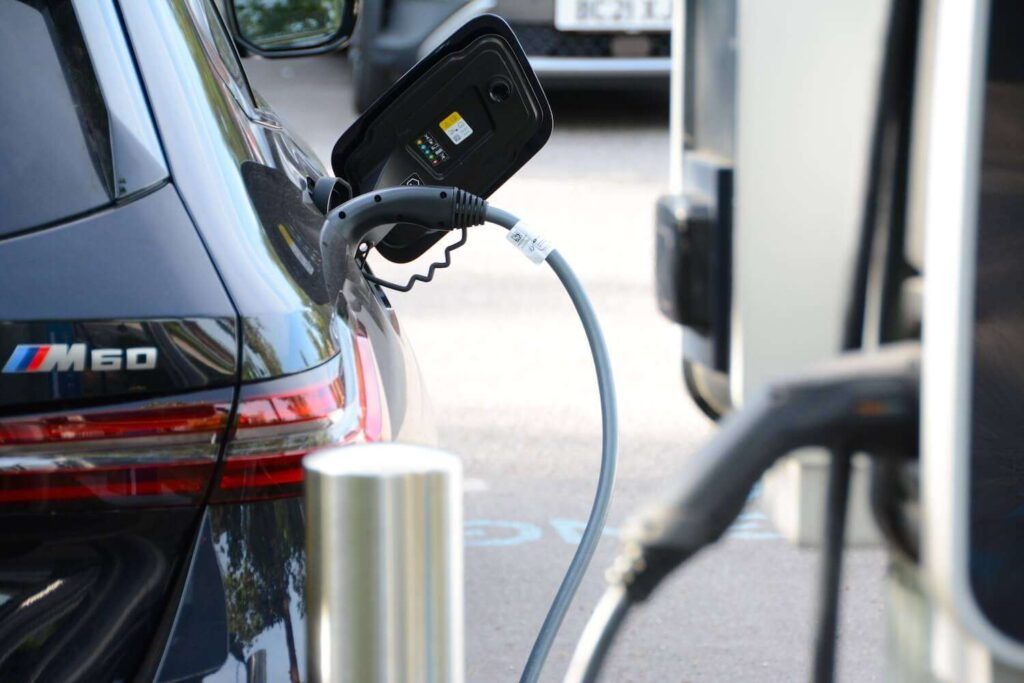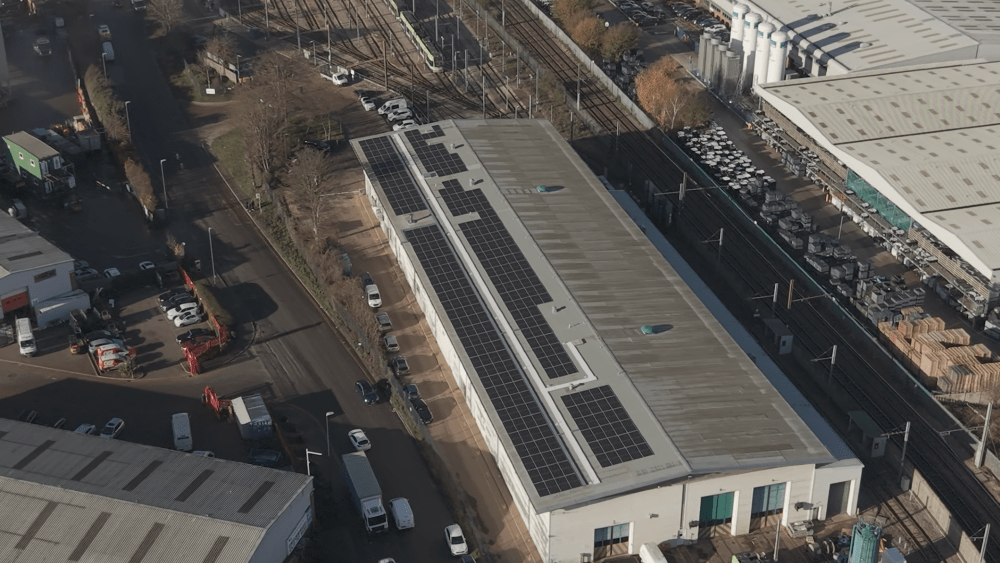GRIDSERVE is leading a consortium of 33 consortium partner and member companies aiming to accelerate the UK’s transition to battery-powered electric Heavy Goods Vehicles (eHGVs).
The project is funded by consortium members as well as the Department for Transport and the Innovate UK-backed Zero Emission HGV and Infrastructure Demonstrator programme.
The industry-leading project aims to lay the foundations for the biggest and most advanced eHGV charging network in the world, reshaping how goods are transported across the UK ahead of the 2040 zero emission HGV deadline.
Currently, the heavy goods sector accounts for around 20% of the UK’s transport CO2 emissions, with a potential saving of 18.6 Mt CO2e – the same as powering two million homes for a year – if the 400,000 HGVs on the UK’s roads today were switched to electric.
The planned £100 million Electric Freightway project will run until 2030 with a fleet of eHGVs on the roads supported by a new network of charging infrastructure at motorway service areas, truck stops and commercial depot charging stations.
During this time the project also aims to catalyse the uptake of much larger numbers of eHGVs using Electric Freightway charging infrastructure, together with the rollout of additional charging infrastructure for eHGVs in many more locations, without the requirement for ongoing Government subsidies.
In the initial two year long procurement phase of the project, eHGV charging hubs will be installed at both motorway services areas and truck stops to support long distance travel around major trunk roads in the UK.
The project includes more than 10 commercial depot charging locations and more than 200 chargers capable of delivering 350kW, including an initial trial of two 1MW capacity chargers. The new public charging infrastructure will be supplied by 100% net zero energy.
Around 140 eHGVs will initially be brought into fleets by UK-based companies to use the new network, with multi-national and small businesses collaborating side-by-side. Data collection will run for five years to collate insights into the process.
Toddington Harper, CEO of GRIDSERVE said: “This is a pioneering project for GRIDSERVE that aims to move the needle in the debate about how to deliver net zero transport for Heavy Goods Vehicles. We look forward to demonstrating and proving that battery powered electric Heavy Goods Vehicles represents the optimum path to choose, delivering significant benefits over other technology routes in respect of ease and scale of deployment, driver experience, and favourable economics.”
Sam Clarke, Chief Vehicle Officer at GRIDSERVE, said: “Supporting UK logistics to move to battery electric vehicles will be instrumental in moving the needle on climate change and we are ready to deliver the infrastructure required in the fastest possible timeframes. There will be a lot to learn along the way but whilst this is just the beginning, the ambition will be to ensure this opportunity acts as a catalyst for continued uptake of electric Heavy Goods Vehicles and more broadly, commercial vehicle electrification now, and long into the future.”
Richard Holden MP, Parliamentary Undersecretary of State for Roads and Local Transport, said: “Freight and logistics are the beating heart of our economy and it is only right that we celebrate the sector so that it gets the recognition and support it deserves.”
Image from GRIDSERVE












